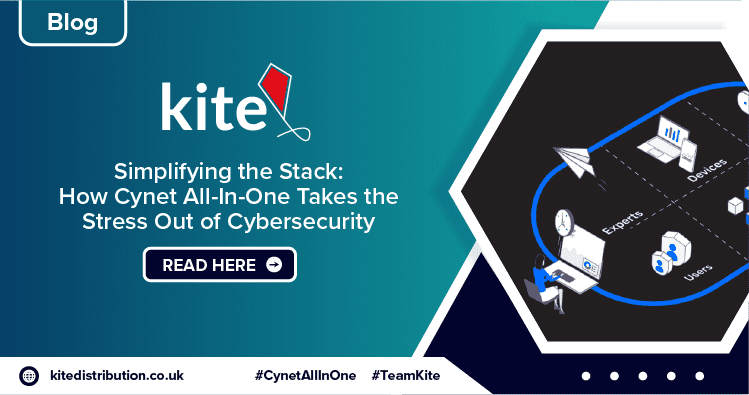I want to begin with a heartfelt plea – save your rage. Your anger should not be wasted on the perpetual cycle of creating and forgetting passwords. Save your rage for life’s more meaningful issues. Pertinent examples include the price of popcorn at the cinema, traffic jams and those who make inexcusably bad cups of tea, dare I say on purpose.
The Problem with Passwords
The process of creating passwords does encompass several problems. They need to meet security driven minimum lengths and complexities whilst also being regularly changed. This results in a trade-off between secureness and ability to remember the password you have created. According to Verizon’s Data Breach Investigations Report (2018), 81% of hacking related breaches were a result of weak, stolen or reused passwords1.
Passwordless Authentication
Multi-Factor Authentication (MFA) can allow organisations to replace traditional passwords as a single point of authentication, opting to instead use a combination of One Time Password (OTP) tokens or a PKI based solution, combined with a PIN or biometric. This approach allows organisations to secure their business-critical assets without decreasing the ease of access for authenticated users – striking a healthy balance between security and accessibility.
Passwordless Single Sign On
Organisations do often require employees to access multiple cloud applications, resulting in several authentication requests if using an MFA approach. Single Sign On (SSO) allows users to authenticate once and then gain access to a multitude of apps, typically for the entire working day.
A great example of the improved productivity and time saving can be found within the NHS. According to the BBC, ‘outdated’ IT leaves NHS staff with 15 different computer logins (2020) – Nurses require login details for 15 different applications. With almost 5,000 logins per day, SSO saved over 130 hours of staff time per day, to focus on patient care2.
Due to the sensitivity of some applications, users may need to authenticate on multiple occasions to ensure an organisation’s data is not compromised. By deploying conditional access policies, a change in the user’s behaviour will require them to re-authenticate, allowing organisations to continually validate employees accessing sensitive data. This Smart SSO approach allows organisations to control access to applications on a granular level.
In summary, legacy passwords do not offer the security and scalability to protect multiple applications and, more importantly, the sensitive data they store. By deploying both MFA and Smart SSO, organisations can ensure their data is secure and easy for verified users to access.
1. 2018 Data Breach Investigations Report –https://enterprise.verizon.com/resources/reports/DBIR_2018_Report_execsummary.pdf
2.’Outdated’ IT leaves NHS staff with 15 different computer logins – https://www.bbc.co.uk/news/health-50972123
Other recent news

SenseOn Partners With Kite Distribution to Boost UK Channel Growth in 2025

Kite & Cyberbit Forge Strategic Alliance

Simplifying the Stack

Kite & Uptycs Announce Strategic Partnership

